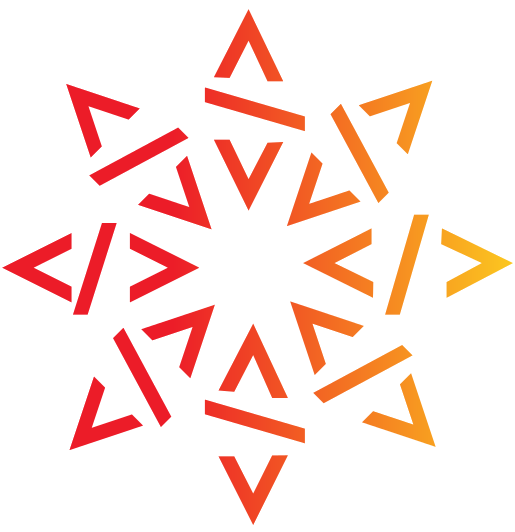Reach the next level with the Mooc “Reproducible Research II: Practices and tools for managing computations and data”

Reproducible research? Challenge accepted!
If massive data and complex calculations (in terms of duration and/or code size) are part of your daily life, then you should register now for the new edition of the MOOC “Reproducible Research”. Its contents are aimed at researchers and engineers who are looking for good control of their computing environments.
The technical lineup is varied: you will learn how to use formats like JSON, FITS, and HDF5, platforms like Zenodo and Software Heritage of course, tools like git-annex, Docker, Singularity, Guix, Make, and Snakemake.
This MOOC is the perfect opportunity to understand how Software Heritage can integrate your personal workflow. You’ll also learn more about how and why to use SoftWare Hash Identifiers. You’ll discover the many impacts of source code archiving on the scholarly ecosystem.
The strength of this new MOOC lies in a general and systematic presentation of the major concepts and how they translate into practical solutions through numerous hands-on sessions with state-of-the-art open-source tools.
📅 The MOOC will be available on the FUN platform from May 16th to September 4th, 2024, in English only.
During these 35 hours of self-paced training, you’ll learn how to improve your ability to manage and process larger amounts of data, while controlling your software environment.
Ready, steady, go!
About the authors of the MOOC
Arnaud Legrand is a CNRS researcher at the Laboratoire d’Informatique in Grenoble. His research interest is the evaluation of the performance of big computing infrastructures. Both for performing experiments and for analyzing the outcomes, it is essential to capture the process rigorously.
Konrad Hinsen is a CNRS researcher at the Centre de Biophysique Moléculaire in Orléans and at the Synchrotron SOLEIL in Saint Aubin. He explores the structure and dynamics of proteins by computational methods, which he tries to make reproducible.
Christophe Pouzat is a CNRS researcher at IRMA (Institute for Advanced Mathematical Research, University of Strasbourg). He is a neurophysiologist, working on the analysis of experimental data. Reproducible research enables him to communicate explicitly with experimentalists, avoiding many mistakes.
Matthieu Simonin is a research engineer at the Inria Centre at Rennes University. He works closely with teams studying distributed systems and provides support for experimental campaigns that combine hardware and software constraints with data manipulation. Matthieu has recently joined labos1point5, a group of members from the French academic world, helping to develop tools for quantifying the carbon footprint of research activities, the calculations for which must, of course, be reproducible!
Ludovic Courtès is a research software engineer at Inria in Bordeaux, France. He contributes to Guix, a free software tool to deploy software environments in a reproducible fashion, to make it a tool of choice for reproducible research.
Kim tâm Huynh is a research engineer at Inria Paris. She supports research teams on methodologies and tools for software development.
Wrap up
- Enrollment: From Apr 02, 2024, to Sep 04, 2024
- Course: From May 16, 2024 to Sep 12, 2024
- Language: English
- Prerequisites: This course is for everyone who relies on a computer to perform data analysis. You should have some experience with running commands in a terminal, and have a basic knowledge of git (at the level of the first MOOC) and scientific Python.
- Assessment and certification: an Open Badge for successful completion of the course will be issued on request to learners who obtain an overall score of 50% correct answers to all the quizzes and learning activities. Assessment is based on quizzes and practical exercises.
